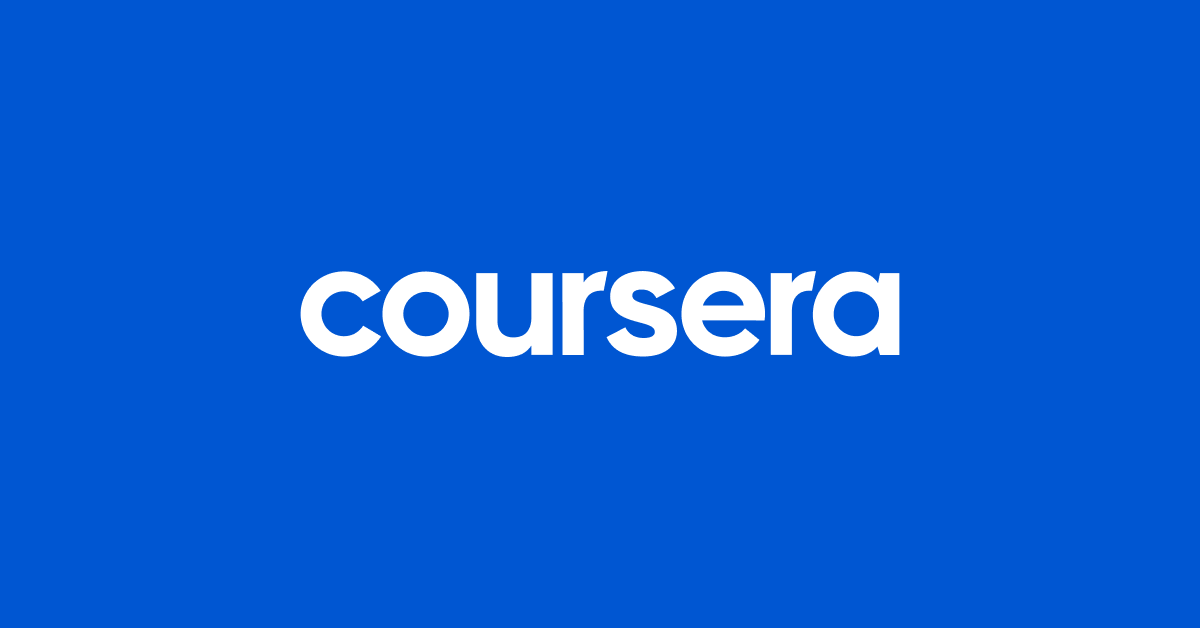
Coursera doubles down on the Middle East with new university partners in the UAE, Saudi Arabia, and Jordan

Betty Vandenbosch, Chief Content Officer, Coursera
As countries in the Middle East prepare the next generation of talent for the modern workforce, equipping learners in the region with in-demand skills remains top priority. In response, I’m pleased to welcome three top-tier universities in the Middle East as Coursera partners. Al Faisal University, Jordan University of Science and Technology (JUST), and Khalifa University will help us offer more rich and relevant content to our learners in the region. With these new additions, we take our number of university partners in the Middle East to eight.
The universities’ upcoming courses have been carefully curated to align with the region’s broader skills development agenda. Here is a look at their initial course offerings expected to launch later this year:
- Alfaisal University, a world-class university that was ranked No. 1 in the Kingdom of Saudi Arabia and No. 1 in the Arab World by Times Higher Education Young University Rankings 2022 (featuring universities less than 50 years old), is expected to collaborate with Coursera and KLD for the first time to launch over 100 Arabic courses in domains like personal development, data science, business, and finance.
Dr. Yousef Al Yousef, Vice President of Research and Graduate Studies at Alfaisal University said, “This strategic partnership with Coursera and KLD offers new depth to a program that fosters the development of entrepreneurship and innovation. By doing so, we will equip people in Saudi Arabia – and the wider region – with the critical skills and competencies needed to help build the Saudi 2030 vision.”
- Jordan University of Science and Technology (JUST), ranked No. 1 in Jordan by Times Higher Education and a leading university in teaching and research, will offer Object Oriented Development using C#. The course is scheduled to launch by the end of June.
Dr. Mahmoud M. Hammad, Acting Director of the Center for e-Learning and Open Educational Resources at JUST, said: “Working with Coursera will enable us to deliver the essential core skills most desired by employers at scale and speed. For example, our first course in C# will offer the learners the ability to develop large-scale software systems using C#, one of the most commonly-required programming languages in the industry today.
- Khalifa University, a globally-ranked research-intensive university and No.1 in UAE, is expected to launch six Specializations in the second half of the year, including Machine Learning and Deep Learning Methods: From Data to Decisions; Artificial Intelligence for Executives; and Introduction to Digital Design FPGA Based Training. The university will also offer courses targeted to a broader audience, including Arabic for Beginners and Online Course Development Processes.
Dr. Ahmed Al Shoaibi, Senior Vice President for Academic and Student Services at Khalifa University, said: “We are excited to join forces with Coursera to equip learners in the region, and beyond, with the essential digital skills they need to contribute to the accelerating knowledge economy.”
As we serve the needs of over 5.5 million learners on Coursera in the Middle East, we remain committed to expanding our content catalog, which currently includes over 2,000 courses in Arabic. Our right-to-left functionalities make navigating Coursera in Arabic a more seamless experience for our enterprise learners, enhancing readability across the homepage, search and browse, assessments, grades, notes, transcripts, and e-mails.
Learners in the region have also embraced online learning at a greater pace since the beginning of the pandemic — over 1.4 million new Middle Eastern learners registered on Coursera in 2021. Job-relevant courses including English for Career Development (University of Pennsylvania), Machine Learning (Stanford University) and Foundations: Data, Data, Everywhere (Google) are popular choices among Middle Eastern learners and ranked among the most-enrolled courses in 2021.
By expanding our range of partnerships with some of the region’s pioneers in higher education, we look forward to continuing to deliver transformational, relevant learning to everyone.
The post Coursera doubles down on the Middle East with new university partners in the UAE, Saudi Arabia, and Jordan appeared first on Coursera Blog.
Free: 7-Days Trial from Coursera
Courses Available
The post Coursera doubles down on the Middle East with new university partners in the UAE, Saudi Arabia, and Jordan appeared first on EduTravel.
[ad_2]Edutravel Malaysia Article
